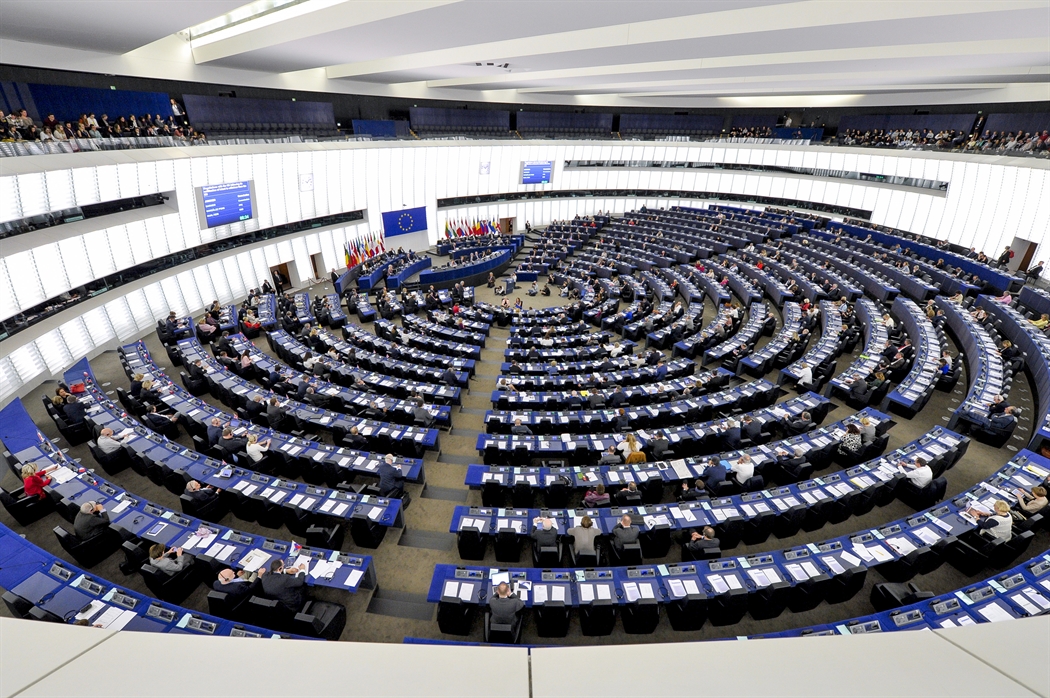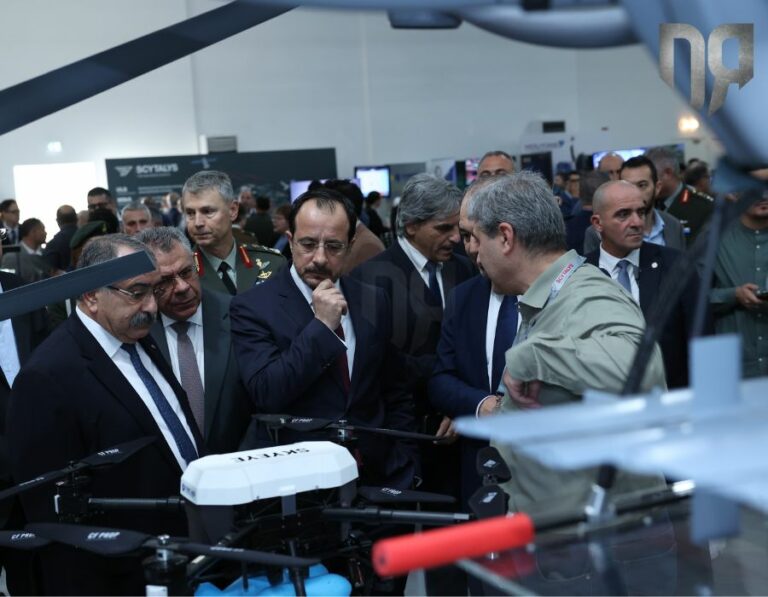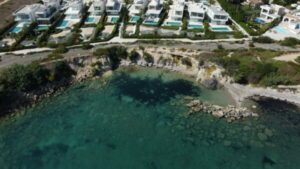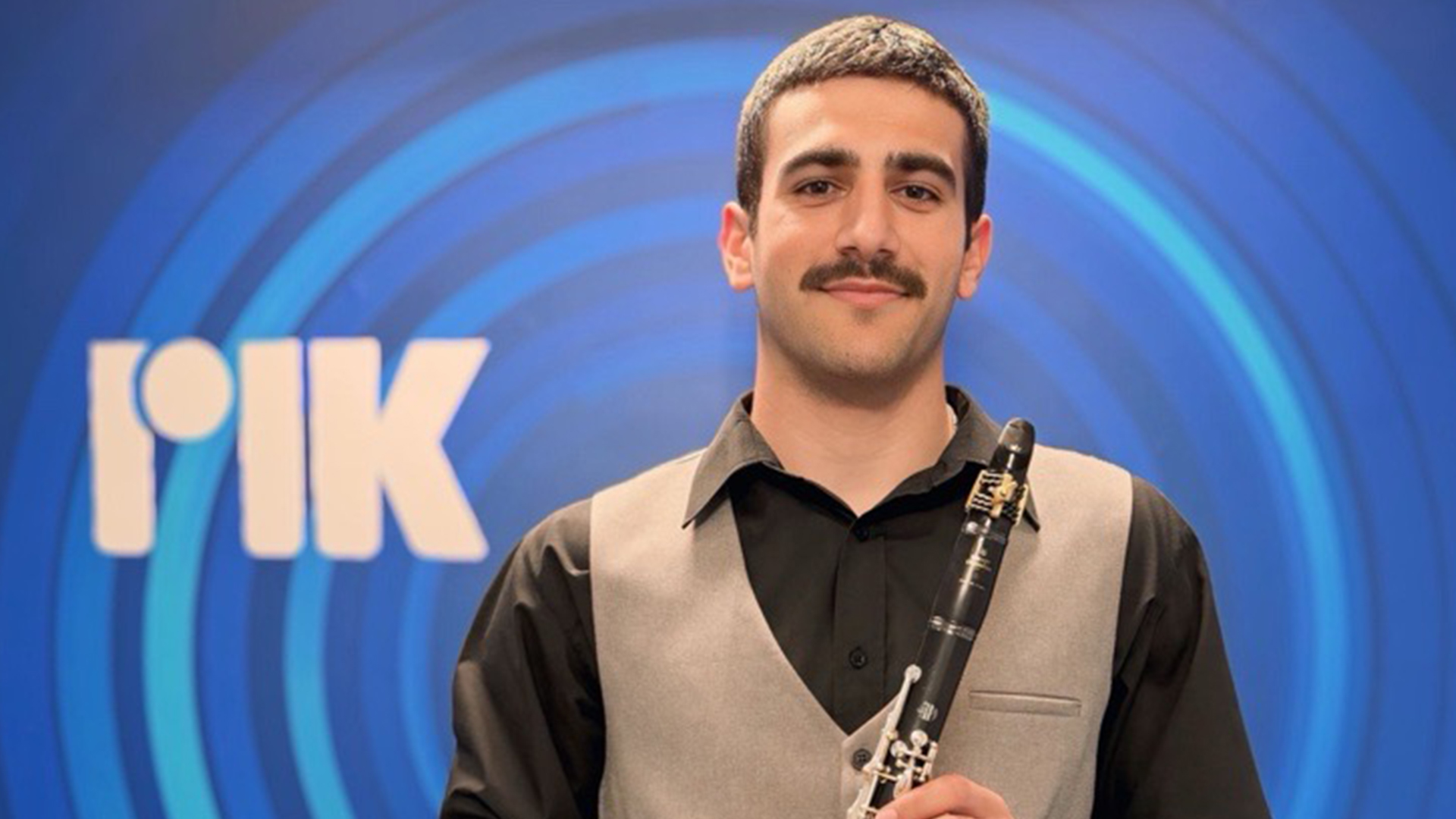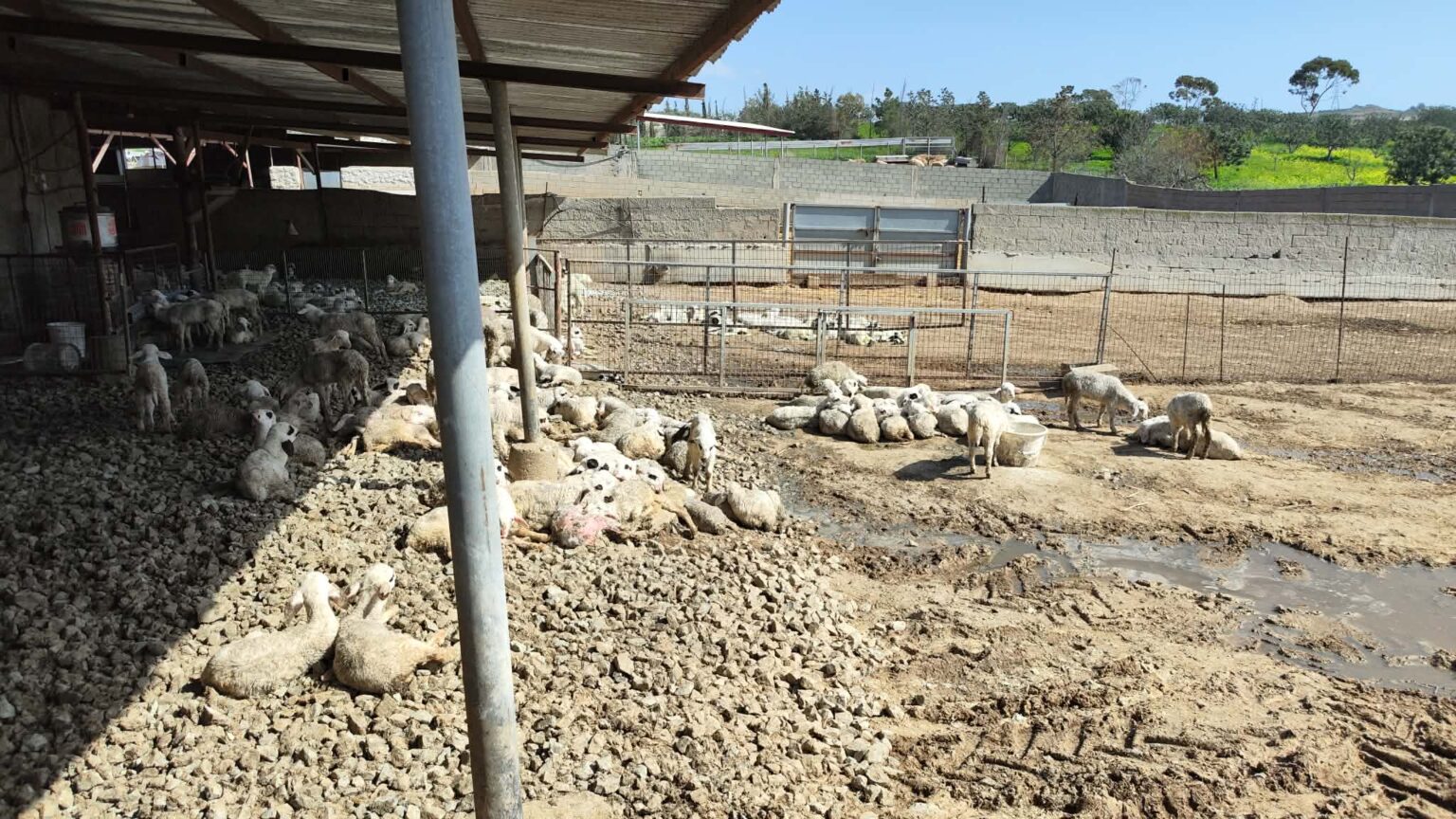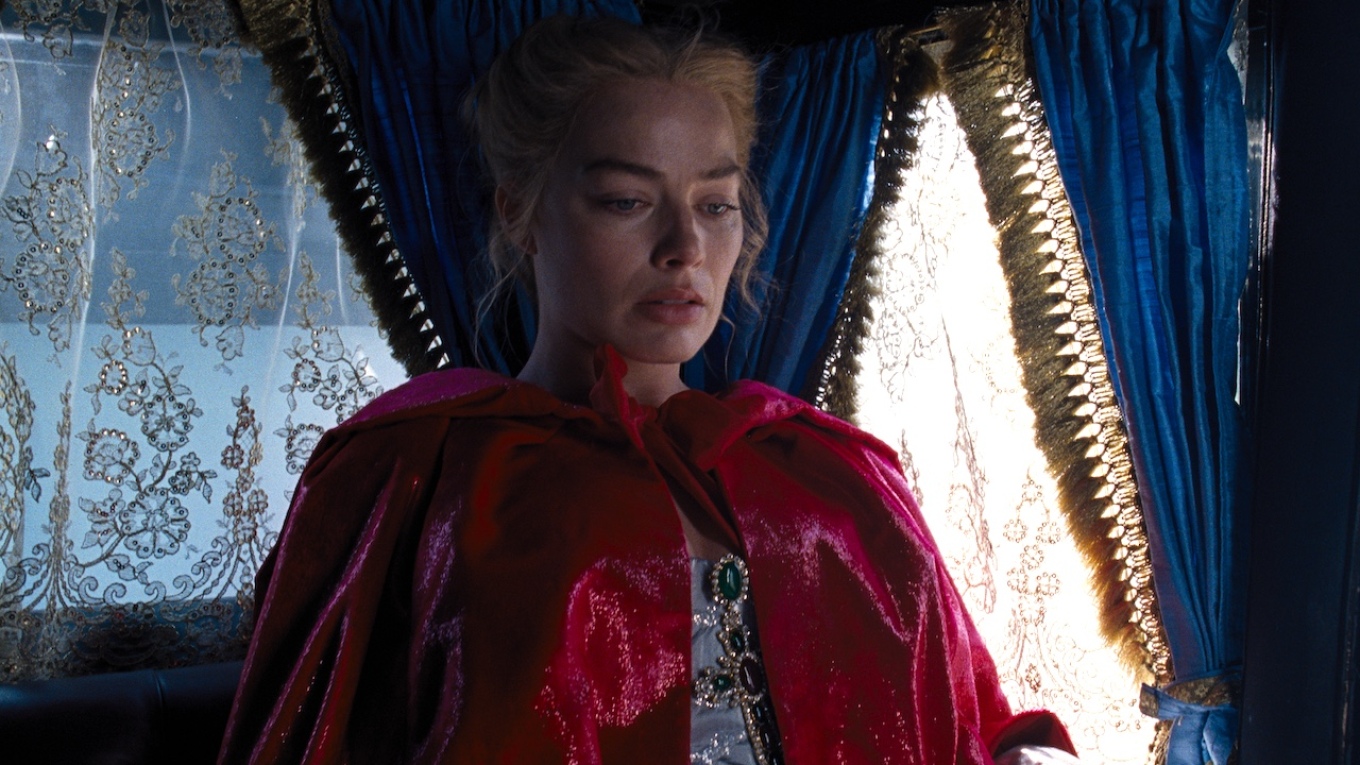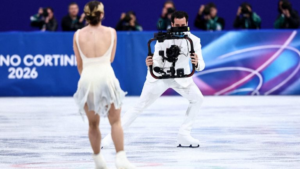The European Parliament has a busy time ahead when it resume work after the summer recess with a packed agenda including votes on new rules for energy, telecommunications and transport.
One important highlight in September will be the debate on the state of the European Union where European Commission President Jean Claude Juncker will present the Commission’s plans for the last year of its term to MEPs.
Moreover, as part of debates on the future of Europe by the Parliament this year, heads of state or government have been setting out their vision for Europe with six more due to speak in the plenary before Christmas: Greek Prime Minister Alexis Tsipras, Estonian Prime Minister Jüri Ratas, Romanian President Klaus Iohannis, German chancellor Angela Merkel, Danish Prime Minister Lars Løkke Rasmussen and Spanish Prime Minister Pedro Sánchez.
In November, MEPs will vote on two deals reached with EU governments on legislation aiming to boost green energy and efficient consumption. In June, Parliament and Council negotiators agreed on a new 32.5% energy efficiency target for 2030. They also agreed that by 2030 at least 32% of energy consumption should come from renewables.
In October, MEPs will vote on rules paving the way for 5G networks by 2020 and capping the prices of calls made to other EU countries, following an informal deal with EU countries in the Council.
Another informal agreement on audiovisual media services will also be put to the plenary. This proposal sets out rules for video-on demand services and video-sharing platforms to ensure a level playing field between them and traditional broadcasters. The vote is scheduled for the beginning of October.
At committee level, the EP’s transport committee will return to the issue of truck drivers’ resting and working conditions, after MEPs rejected its proposed amendment in July at the plenary session in Strasbourg. In addition MEPs will vote on a report outlining the future of mobility in September.
Updating copyright rules for the digital age will remain on Parliament’s agenda. In July, MEPs rejected a proposal the legal affairs committee to start negotiations with the Council. As a result, MEPs will discuss and vote on the issue during September’s plenary session in Strasbourg.
An agreement with Council aiming to cut the use of antibiotics in farms will be put to a plenary vote at the end of October. The EU is concerned about the spread of drug-resistant bacteria posing an increasing risk to human health.
A European Solidarity Corps will offer volunteers the chance to work around the EU to protect the environment and integrate migrants. An informal agreement with Council on the initiative is due to be confirmed by MEPs during September’s plenary session in Strasbourg.
In what could be a first for the European Parliament, the plenary session in Strasbourg will vote on a proposal to call on the Council to prevent a potential breach of EU values in Hungary.
Parliament’s civil liberties committee has expressed serious concerns on a number of issues, including the independence of the judiciary and if MEPs agree to go through with this proposal, it would be the first time Parliament triggers a procedure that might ultimately lead to sanctions being imposed on the country.
Parliament will award the Sakharov Prize for Freedom of Thought in December. The prize honours people and organisations from across the world fighting for human rights and democracy.
In November, MEPs will choose the winner of the 2018 Lux film prize which aims to promote European cinema and to encourage debates about social issues and EU values.
In addition, MEPs will vote on own-initiative reports concerning EU-US relations and EU-China relations in September.
In December the special committee investigating measures to fight terrorism will publish its report. That same month there will also be a report on corporate taxation and on an inquiry into money laundering and tax evasion.

